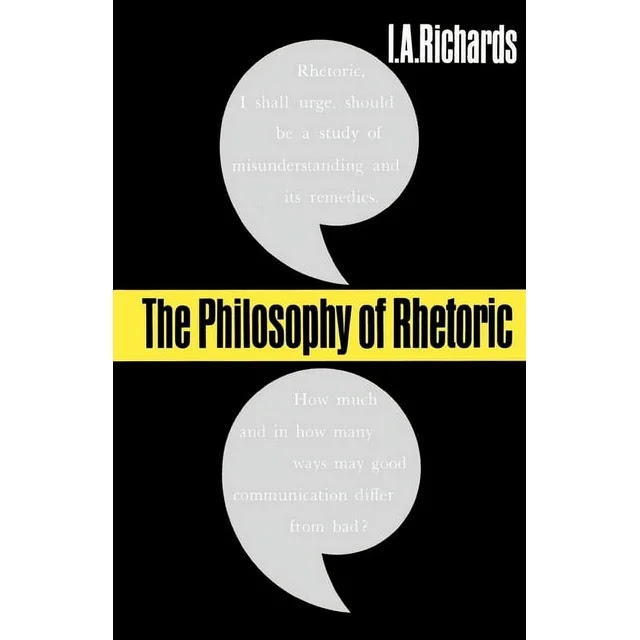Possibly my dissatisfaction with Whitehead's take on symbolism in the two previous posts led me to a formulation on symbolism owing much to Ernst Cassirer, though not only to him.
In the second chapter of AN ESSAY ON MAN, Cassirer attempts to place the human creation of symbolism within the general context of animal biology: "Every organism, even the lowest... [possesses] a receptor system and an effector system... The receptor system by which a biological species receives outward stimuli and the effector system by which it reacts to them are in all cases closely interwoven... Man has... discovered a new method of adapting himself to his environment. Between the receptor system and the effector system, which are to be found in all animal species, we find in man a third link we may describe as the symbolic system." I've covered in diverse other posts how Cassirer distinguished human use of symbolic abstractions into those of "mythical thinking" and "discursive/dialectical thinking." Parenthetically, I'll note that in I.A. Richards' 1936 PHILOSOPHY OF RHETORIC, reviewed here, he also put forth a similar proposition regarding the origin of organic creatures' ability to "sort," using an amoeba-like creature as his baseline. But Cassirer's model is more constitutive, having some bearing on my theory of the four potentialities, which started with Jung's four functions but diverged from the Swiss psychologist as to what function belonged where. For me, the receptor system lines up with the kinetic potentiality, and the effector with the dramatic potentiality- which means that the "lateral meaning" associated with both is available to many if not all organic creatures. "Vertical meaning," however, is born from the human ability to form complex abstractions, and any parallels that might be found in non-human animals are very limited in nature.On a somewhat newer tack, it's recently occurred to me that Aristotle's famous definition of narrative from the Poetics bears strong comparison with Cassirer's base level of "stimulus-and-response" for all organic life-forms. Despite his biological acumen, the philosopher chose what I consider a rather unwieldy metaphor for said narrative: 'Aristotle's concept of the "Complication" (literally "Desis"= "tying or binding"), while the way in which the viewpoint characters (my term) respond to the anomaly comprises the "Resolution" ("Lusis"= "untying.")' Aristotle like Plato used the word "dianoia" for a narrative's "thought" or "theme," but so far as I know no Greek thinker ever elaborated a theory of the mythopoeic elements of narrative that even touches upon the dimensions of Cassirer's schema-- though I believe Frye argued that the Roman-era author "Pseudo-Longinus" might have offered a counter-agent to Aristotle's emphasis upon discursive thought. More on these matters later, possibly.




No comments:
Post a Comment